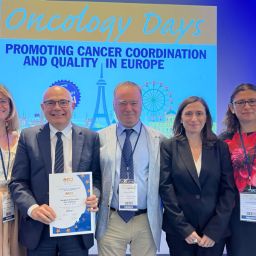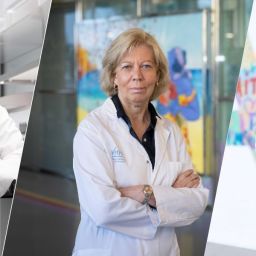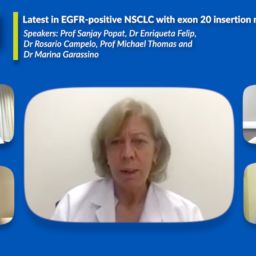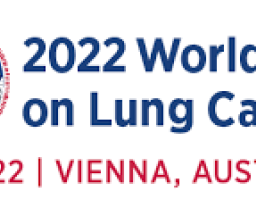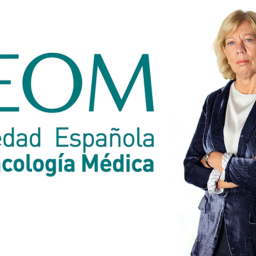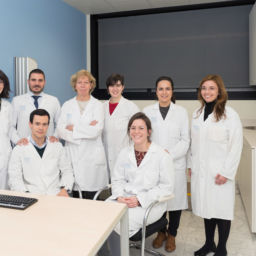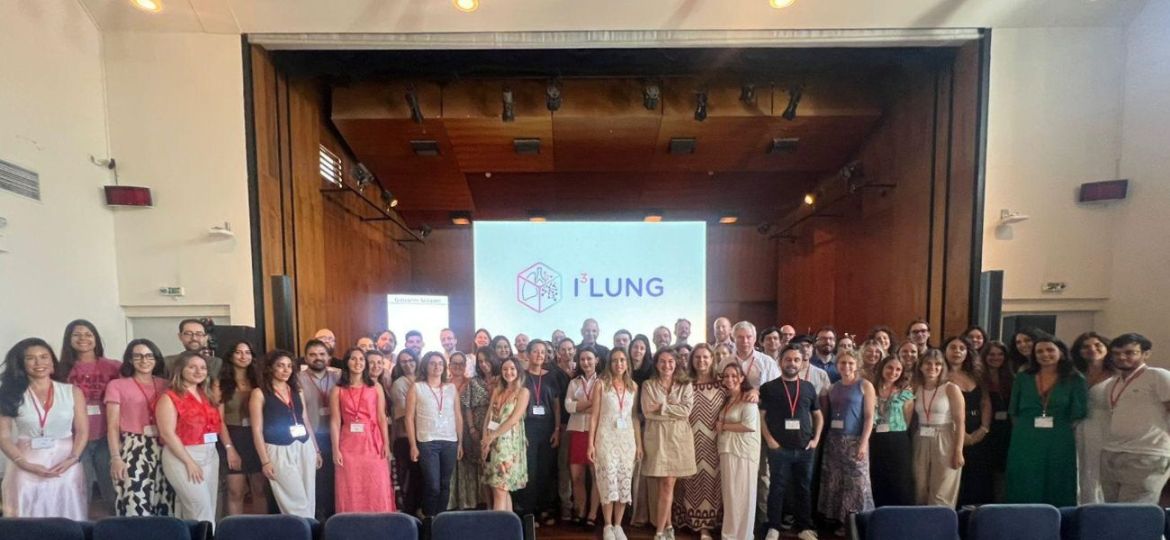
For the third consecutive year, the 16 partners of the I3LUNG consortium, an EU-funded project under the Horizon 2020 programme, gather for their annual meeting to share progress and reinforce their position as pioneers in the application of artificial intelligence (AI) in oncology.
I3LUNG represents a disruptive leap forward in the fight against lung cancer. The project has a clear objective: to develop an AI-based tool that empowers oncologists and patients to jointly select the most suitable treatment in a personalized manner.
By integrating clinical and molecular data from lung cancer patients and developing a machine learning algorithm, I3LUNG is building a predictive system that anticipates individual responses to existing therapies. This tool aims thereby to recommend tailored treatments for each patient, shortening decision-making timelines, minimizing the chances of disease progression, and only proposing the necessary exams and analyses while reducing toxicities and adverse effects, all with one key goal: improving patients’ quality of life.
The Thoracic Tumors Group at VHIO, led by Dr. Enriqueta Felip, plays a key role in the I3LUNG project. The team contributes its clinical expertise and research capabilities to both the retrospective and prospective patient cohorts, helping to ensure the quality and relevance of the data collected. VHIO not only recruits patients and gathers clinical, radiological, and pathological information, but also leads the transcriptional and genomic analysis within the prospective omics work package. This includes the extraction, sequencing, and analysis of tumor samples from all centers involved, reinforcing VHIO’s commitment to advancing precision oncology through data-driven, multidisciplinary collaboration.
I3LUNG: Innovation with real-world impact
The project is driving transformation across the board:
- For oncologists, it offers a decision-support tool powered by a robust database, with insights that will be made accessible to the wider research community, enhancing and personalizing clinical judgment.
- For patients, it reduces the time between diagnosis and treatment, minimizes side effects, and keeps the focus on recovery. A dedicated patients co-decision tool (IPDAS) is already available in a validated prototype version, with information on the disease, treatment options and their associated survival and quality of life assessments.
- From a health economics perspective, it supports more efficient resource allocation within healthcare systems and reduces costs associated with ineffective or misdirected treatments.
If the algorithm’s effectiveness is confirmed, final results are expected by May 2027, this solution could be extended to other tumor types.
Partners driving change
Launched in June 2022, I3LUNG is one of several projects positioning the consortium as a European leader in AI-driven oncology. Its principal investigator, Dr. Arsela Prelaj, a medical oncologist at the Istituto Nazionale dei Tumori, is spearheading several initiatives stemming from the project, including:
- ESAC (European Society of Artificial Intelligence in Cancer): The first multidisciplinary European society focused on AI in cancer, founded in March 2025 to foster collaboration among oncologists, imaging specialists, scientists, bioinformaticians, and engineers with AI expertise. The Society involves key leaders in the field, representing other EU scientific societies and large research infrastructures – it is presided by Arsela, prof. Jakob Kather as its president-elect, and with our greek partner Helena Linardou as its treasurer.
- Organization of the first European Summer School on AI for Oncology hosted by I3LUNG partner Metropolitan Hospital of Athens: a training program that brings together young researchers and international experts to accelerate knowledge transfer and cultivate the next generation of AI leaders in oncology. Several I3LUNG partners compose the faculty of this event, the first under ESAC’s umbrella (H. Linardou, A. Prelaj, S. Kosta, M. Garassino, A. Pearson, M. Reck, E. Felip).
With its first actionable results achieved, I3LUNG has reached out to other EU initiatives in the oncology AI area – and the new steps in the broader data sharing framework in Europe (EHDS): SHAIPED, EUCAIM, and more. This year, Dr. Prelaj has also been invited as a keynote speaker at the World Conference on Lung Cancer (WCLC), one of the world’s foremost events in lung cancer. Alongside other consortium members, she will participate in the inaugural edition of ESMO AI, a new congress organized by the European Society for Medical Oncology, taking place in October in Berlin, focused entirely on AI’s clinical, research, and regulatory applications in oncology.
I3LUNG is moving steadily from theory to practice, laying the foundations for a future in which artificial intelligence becomes a key ally in enhancing clinical decision-making, personalized medicine, while empowering patients in the management of their disease. In conclusion, I3LUNG stands out as one of Europe’s most ambitious and inspiring projects at the intersection of science, technology and health.
About I3LUNG
I3LUNG is a European-funded research project that leverages artificial intelligence to support clinical decision-making in the treatment of lung cancer. Bringing together 16 partners from 10 countries, the project aims to develop a personalized decision-making tool that integrates clinical, biological, and patient-reported data to help healthcare professionals choose the most effective therapy for each patient. I3LUNG is committed to innovation, collaboration, and patient-centered care, paving the way for more precise and humane oncology. The project is funded by the European Union’s Horizon 2020 research and innovation programme.
For more information, visit www.i3lung.eu


